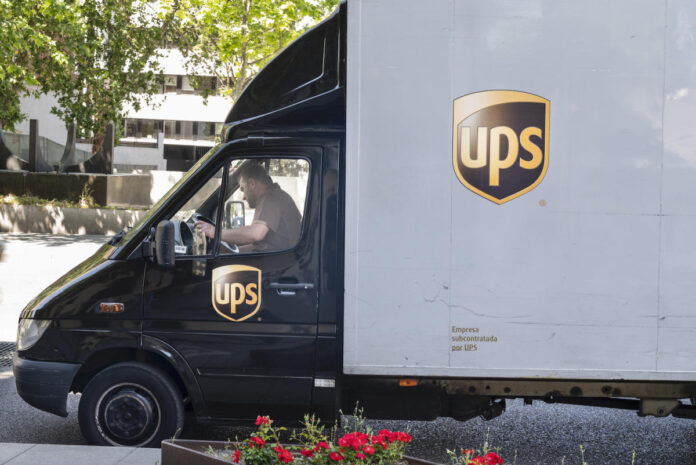UPS Announces Job Cuts As Automation Takes Over
United Parcel Service (UPS), the global delivery giant, has announced its decision to lay off over 400 employees at its Colorado facility. The layoffs, scheduled for mid-January 2025, are part of the company’s larger strategy to streamline operations by implementing advanced automation systems. With 404 workers facing termination, this move underscores UPS’s shift toward a tech-driven operational model.
Automation Driving Structural Changes At UPS
The Colorado facility is the latest to experience the impact of UPS’s aggressive automation drive. As the company embraces robotics, machine learning, and AI-driven logistics, human roles are being significantly reduced. These job cuts are not isolated incidents but part of a broader restructuring plan. Earlier in 2024, UPS announced a sweeping layoff of 12,000 employees globally, signaling the scale of its transition.

Impact On Employees And The Logistics Workforce
The affected employees at the Colorado facility are reportedly grappling with uncertainty and challenges in securing new employment. Many long-tenured workers are voicing concerns about the lack of transitional support. Industry experts suggest that UPS’s approach highlights a growing trend in logistics where automation is rapidly redefining job roles, leaving traditional labor vulnerable.
Rationale Behind UPS’s Layoff Strategy
UPS has justified the layoffs by pointing to the increasing need to stay competitive in a fast-evolving market. The adoption of automation technologies allows the company to enhance delivery speed, reduce operational costs, and cater to growing e-commerce demands. According to company executives, the integration of AI-driven processes is critical for maintaining leadership in the logistics industry.
Earlier Layoff Announcements Raise Eyebrows
The announcement of these layoffs comes on the heels of a larger workforce reduction made earlier this year. In 2024, UPS cut 12,000 jobs across various locations, citing similar reasons of technological integration and efficiency improvement. Critics argue that such drastic measures reflect corporate priorities shifting away from workforce welfare toward cost-cutting initiatives.
Automation’s Role In UPS’s Long-Term Strategy
Automation is central to UPS’s long-term business strategy. From autonomous vehicles to drone deliveries, the company is exploring cutting-edge solutions to optimize its supply chain. The Colorado facility, once reliant on human labor for sorting and dispatching packages, will soon operate largely under automated systems. Analysts believe this transformation is likely to increase UPS’s operational margins but may further alienate its workforce.
Economic And Regional Implications Of Layoffs
The layoffs at the Colorado facility are expected to impact the regional economy, as hundreds of households face financial strain. Local policymakers are urging UPS to reconsider its strategy and offer adequate severance packages or retraining programs. The ripple effect of these job cuts could extend to related industries and service providers in the area.
Employee Reactions And Union Involvement
UPS employees and labor unions have expressed outrage at the company’s approach. Union leaders argue that while automation is inevitable, the transition should not come at the expense of workers’ livelihoods. They are demanding that UPS invest in upskilling programs to help employees adapt to new roles within the organization.
UPS’s Statement On Workforce Reduction
In an official statement, UPS emphasized that the layoffs are necessary for adapting to technological advancements and sustaining long-term growth. The company highlighted its commitment to innovation, stating, “The integration of automation is vital for ensuring that UPS remains a global leader in logistics. While we acknowledge the challenges faced by our employees, these decisions are essential for future-proofing our operations.”
Broader Implications For The Logistics Industry
UPS’s move reflects a larger trend in the logistics and supply chain industry, where automation is reshaping traditional workflows. Companies like FedEx and Amazon are also heavily investing in robotics and AI, creating a competitive environment where manual roles are increasingly becoming obsolete. Experts predict that such changes could accelerate across the industry in the coming years.
What’s Next For UPS?
As UPS continues its technological transformation, questions remain about its commitment to its workforce. Will the company find a balance between innovation and employee welfare? While automation promises efficiency and profitability, the human cost cannot be overlooked. For now, all eyes are on UPS as it navigates this critical phase in its operational evolution.

